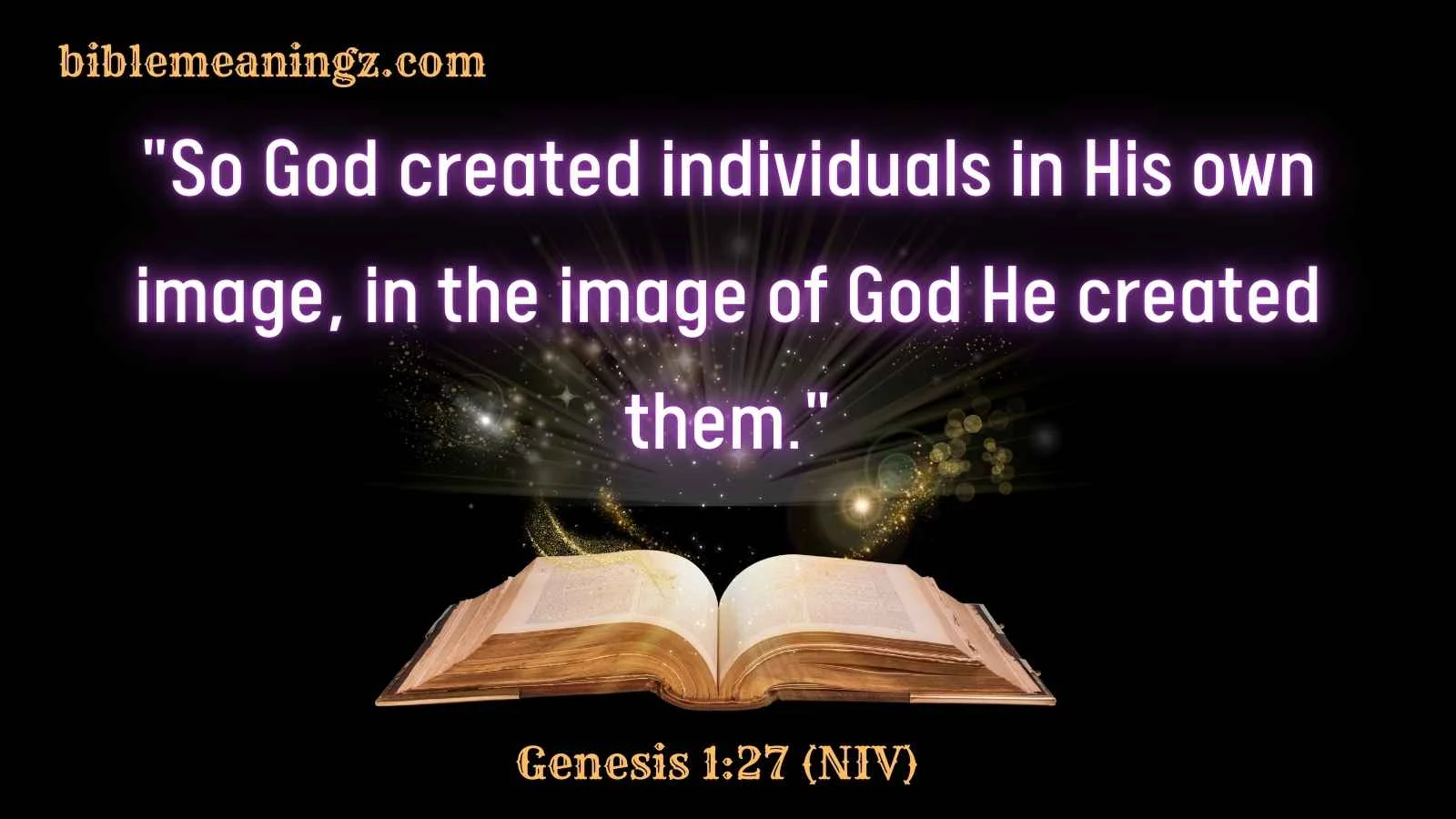In today’s digital world, technology like faceswap videos—where one person’s face is digitally replaced with another’s—has become popular for entertainment.
But as Christians, we must ask: What does the Bible say about altering images, deception, and the way we use technology?
While faceswapping can be fun, it also raises spiritual questions about truth, identity, and the potential for misuse.
The Bible teaches us to walk in honesty (Proverbs 12:22) and to guard our hearts (Proverbs 4:23).
Biblical Background: Truth, Identity, and Deception
The Bible does not mention faceswapping directly, but it speaks clearly about truth, deception, and the sacredness of our identity in God.
- Genesis 1:27 (NIV) – “So God created individuals in His own image, in the image of God He created them.”
- We are made in God’s likeness, and our faces reflect His creation. Altering them for deceitful purposes contradicts His design.
- Exodus 20:16 (NIV) – “You shall not give false testimony against your neighbor.”
- While faceswapping for humor may seem harmless, using it to spread lies or harm others violates this commandment.
- Ephesians 4:25 (NIV) – “Therefore each of you must put off falsehood and speak truthfully to your neighbor.”
- Even in digital spaces, Christians are called to integrity.
Historical Context: In ancient times, false images (like idolatrous statues) were used to deceive people. Today, digital manipulation can serve a similar purpose if misused.
Spiritual Interpretations: What Does the Bible Say?
Here are 3 biblical lessons to consider when using faceswap technology:
1. Honor God’s Design for Human Identity
- Psalm 139:14 (NIV) – “I praise You because I am fearfully and wonderfully made.”
- God created each of us uniquely. While playful edits may seem innocent, we should avoid distorting His creation in ways that mock or misrepresent others.
2. Avoid Deception and False Representation
- Proverbs 12:22 (NIV) – “The Lord detests lying lips, but He delights in people who are trustworthy.”
- If faceswapping is used to trick people (e.g., fake news, impersonation), it becomes sinful.
3. Use Technology Responsibly
- 1 Corinthians 10:31 (NIV) – “So whether you eat or drink or whatever you do, do it all for the glory of God.”
- Technology is a tool. Ask: “Does this honor God? Could this harm someone’s reputation?”
Examples and Variations: When Faceswapping Becomes Harmful
Not all faceswaps are wrong, but some uses cross ethical lines:
- Misinformation: Creating fake videos of public figures to spread lies.
- Cyberbullying: Mocking someone by altering their image.
- Identity Theft: Using someone’s face for fraudulent purposes.
Biblical Response:
- Matthew 7:12 (NIV) – “Do to others what you would have them do to you.”
- If you wouldn’t want your face misused, don’t do it to others.
Dealing with Negative or Unethical Uses
If you’ve encountered disturbing faceswap content (deepfakes, harassment, or demonic imagery), here’s how to respond spiritually:
1. Pray for Protection
- Psalm 91:4 (NIV) – “He will cover you with His feathers, and under His wings you will find refuge.”
- “Lord, shield my mind from deceptive images. Guard my heart from fear and fill me with Your truth.”
2. Put on the Armor of God
- Ephesians 6:11 (NIV) – “Put on the full armor of God so that you can take your stand against the devil’s schemes.”
- Pray against digital deception and ask for discernment.
3. Seek Accountability
- If you’ve misused faceswap tools, repent and seek guidance from a pastor or Christian mentor.
Faith-Based Guidance for Christians Using Faceswap Tools
If you choose to use faceswap technology, do so with wisdom:
✅ Use it for harmless fun (e.g., swapping faces with a friend in a private joke).
❌ Avoid deception, mockery, or unethical edits.
🙏 Pray for discernment before sharing altered media.
Conclusion:
Technology is a gift, but it must be used responsibly and ethically. As Christians, we are called to:
- Protect truth (Proverbs 12:22).
- Respect others’ dignity (James 3:9-10).
- Seek God’s guidance in all things (Proverbs 3:5-6).
Let’s use digital tools in ways that honor God and uplift others. If you encounter misuse, pray, seek counsel, and stand firm in biblical truth.
“Finally, brothers and sisters, whatever is true, whatever is noble, whatever is right, whatever is pure, whatever is lovely, whatever is admirable—if anything is excellent or praiseworthy—think about such things.” – Philippians 4:8 (NIV)











